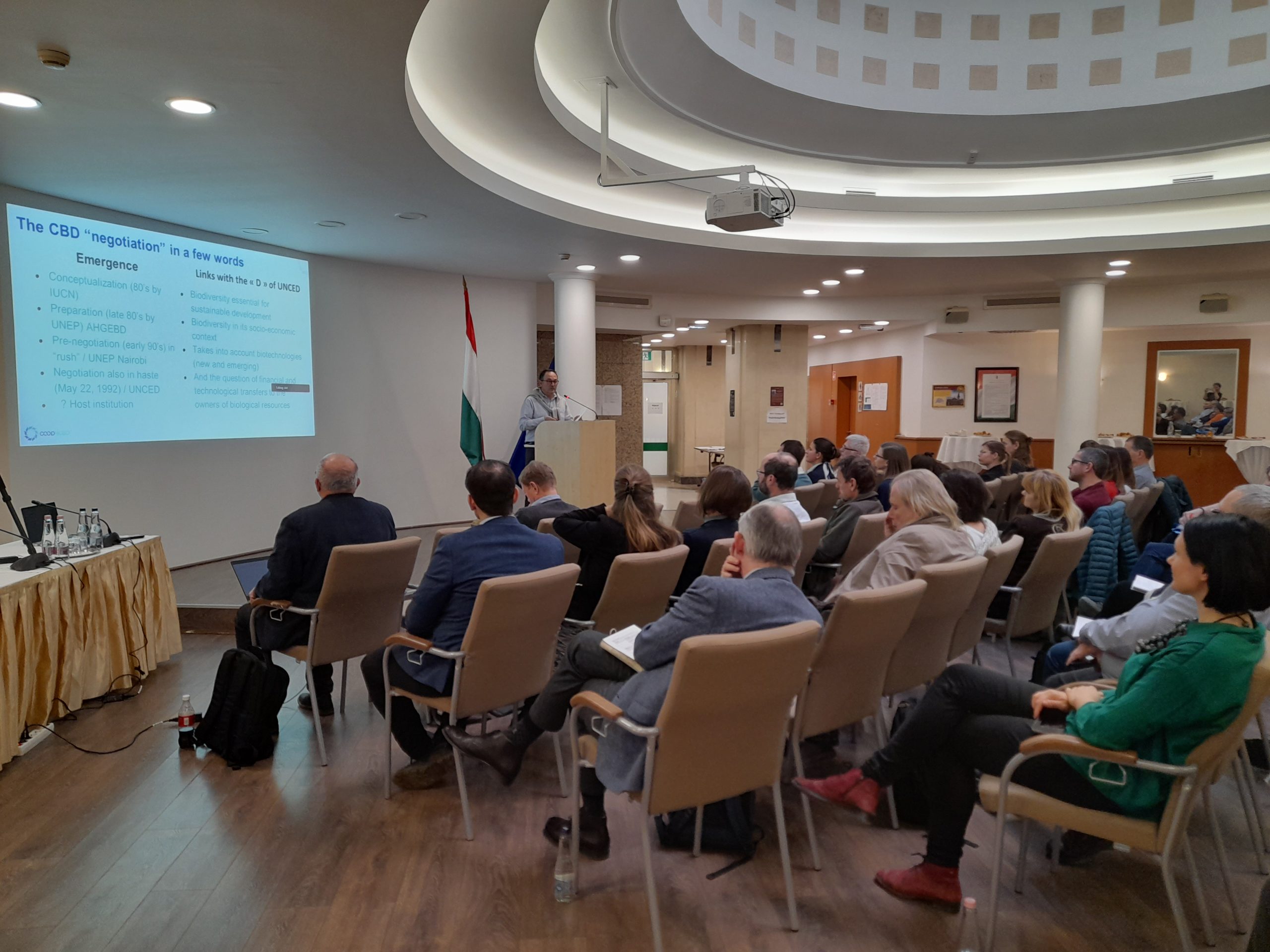
The diversity of life on our planet is declining at an unprecedented rate, as confirmed by a series of international scientific studies, evaluations and assessments. Recognising this process and mitigating the damage is the subject of a series of international conventions, the most significant of which is the Convention on Biological Diversity (CBD), adopted at the 1992 Earth Summit in Rio de Janeiro. The CBD is significant in that it takes a position at the highest international policy level on the relationship between human society and biodiversity. The Convention not only defines principles and tasks, but also contains measures on the functional, organisational and financial aspects of implementation.
As it is a global agreement, the implementation of the measures is extremely complex and demanding. The CO-OP4CBD – Cooperation for the Convention on Biological Diversity project’s objective is to improve coordination within the European Union (EU) in the implementation of the Convention, to identify the appropriate knowledge base for each issue addressed and to use it appropriately and effectively. The Centre for Ecological Research (CER) as project partner organised a two-day expert workshop with the collaboration of the Biodiversity and Gene Conservation Department of the Hungarian Ministry for Agriculture. The event took place on 15–16 January 2024 in Budapest, in the Ministry for Agriculture.
The meeting was attended by 56 participants from 7 countries, representing various government agencies, research institutes, universities, national parks and conservation NGOs. The first day focused on the technical processes of the Convention on Biological Diversity (CBD), at international, European Union and national level. The objectives of the workshop were outlined by Kinga Öllerer (CER), Pierre Spielewoy (National Museum of Natural History – MNHN, France) presented the draft of further training activities for Central and Eastern European professionals within the CO-OP4CBD project, and Ditta Greguss (Biodiversity and Gene Conservation Department, Ministry for Agriculture, Hungary) spoke about Hungary’s commitments, in particular with a view to the 16th meeting of the Conference of the Parties to the CBD (COP 16) to be organised under the Hungarian Presidency of the Council of the European Union in 2024. Didier Babin (French Agricultural Research Centre for International Development – CIRAD) and Hendrik Segers (Royal Belgian Institute of Natural Sciences – RBINS) presented the functioning, decision-making and professional processes of the CBD, while Eliška Rolfová (Ministry of the Environment, Czech Republic) presented the functioning of the CBD from the perspective of the European Union.
On the second day, two group leaders of CER, scientific advisor Zsolt Molnár and András Báldi, corresponding member of the Hungarian Academy of Sciences, presented the functioning of the Intergovernmental Science–Policy Platform on Biodiversity and Ecosystem Services (IPBES) and that of the CBD from a researcher’s point of view. Joachim Töpper (Norwegian Institute for Nature Research – NINA) spoke about the indicators of the Kunming–Montreal Global Biodiversity Framework.


